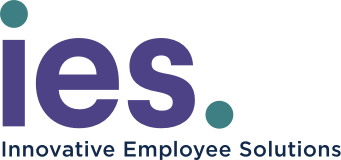One of the many advantages of hiring temporary employees is the eventual possibility of shifting a contract worker into a full-time, permanent role. According to CareerBuilder, in the second quarter of 2015, 31 percent of employers expect to transition temp workers into permanent roles. There are many advantages of doing so, including temps' training and knowledge of the position. If an employer intends to move some of its seasonal workforce into permanent positions, it is important to know how to retain these workers. Here are three strategies:
- Maintain welcoming office environment
Just like permanent employees, temporary workers need to feel like part of the team. This can mean many things, such as being included in out-of-office activities or attending company performance meetings, according to HRZone. The facility itself also should be uncluttered on the temp's first day of work to make a positive first impression. Robert Half advises to "[g]ive interim personnel a space to call their own and make sure all necessary equipment, supplies and communication tools, such as email and intranet access, are up and running." This will give them an easier time to their start at a company, which stays with them when it comes time to interview for permanent positions. - Reward your temps
Companies often have reward systems in place for current permanent employees, but the system may need to be revisited to accommodate contract workers. Monetary incentives like end-of-season bonuses are often influential in retention strategies, according to HCareers. Employees whose efforts are valued and rewarded are more likely to want to stay. Giving personal thanks is also a good way to maintain morale and workplace satisfaction. - Communicate
One of the biggest strategies in temp retention and transition is simply to maintain an open line of communication. It is crucial for employers to communicate what the expectations for the role are. It's also important that employees feel comfortable coming to their supervisors with issues or insights.Another important thing that should be communicated to temps is the potential for a permanent role. The idea of moving into a permanent position provides many contract workers with motivation to perform well. If an employer intends to move forward in the hiring process, it is integral to communicate that as early as possible so that the employee understands the intention and can know what to expect from his or her possible future with a company.






